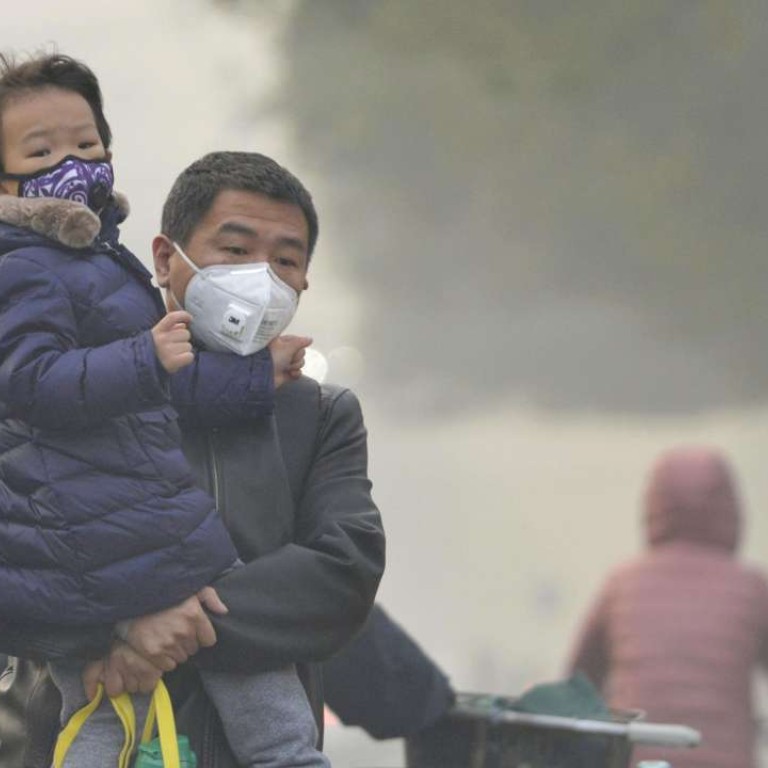
China must find a holistic approach to clear the air
The know-how is there and a global agreement on climate change has been reached; what’s needed now is political will to find a solution that’s fair to all
From the 2008 Beijing Olympic Games to the recent Group of 20 summit of major economies in Hangzhou (杭州), China has shown it knows how to clear the smog and let the sun shine through when the whole world is watching. The most grateful beneficiaries of measures such as the closure of surrounding factories are local residents, who usually have to wait for a change in the weather to clear the skies. Sadly, the problem is a structural issue that could take a decade to reverse permanently. Beijing experienced a reminder recently with pollution that cut visibility and grounded hundreds of flights on Friday before a cold front briefly dispersed it. More than 1,200 kilometres away in Shanghai, heavy smog that shrouded a highway was blamed for a vehicle collision in which at least nine people died and scores were injured.
Elements of unbalanced development and unfairness lie at the heart of the issue. The focus on industry-based economic development in big cities like Beijing and Shanghai drew water, energy and human resources from nearly regions, which were encouraged to focus on agriculture at the expense of development. Now, as the big centres shift to service industries that promise cleaner air, the regions are again under pressure to forgo environmentally polluting development. Understandably, they are resisting it. With winter approaching, many people ask what alternative they have to using central heating powered by coal, since they cannot afford natural gas.
That is unlikely to change soon, with coal-fired power capacity continuing to increase. The National Energy Administration expects coal to still account for more than 50 per cent of the energy mix by 2020. The good news is that the Paris Agreement on climate change, ratified by both Beijing and Washington, will come into effect sooner than expected because of rapid approval by more than 100 countries. This will pave the way for global efforts to at least contain the rise in global temperatures, and thus polluting emissions. That should prompt China to strive for ways of fast-tracking a long-term social and economic goal of cleaner air.

